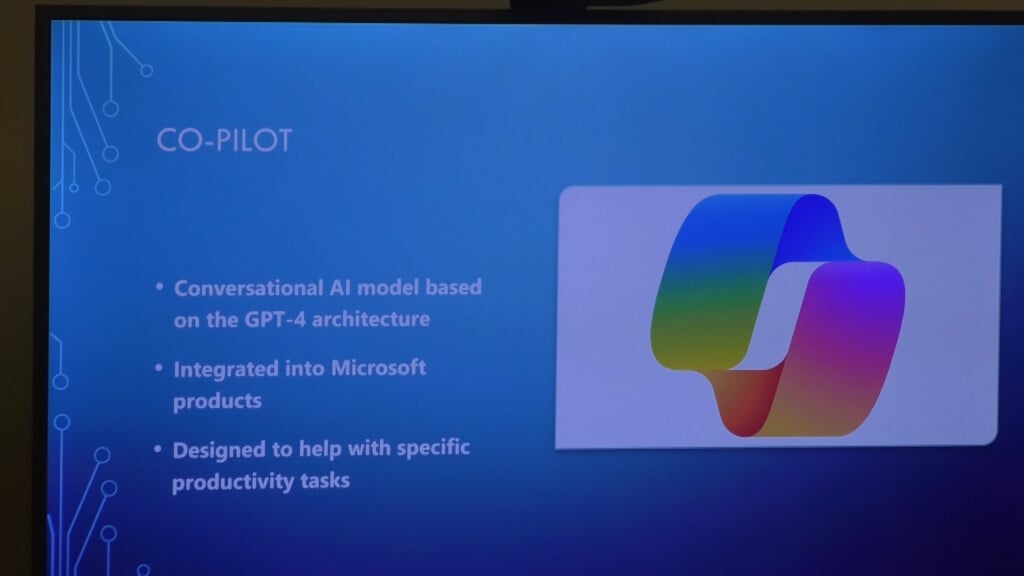Dementia cases expected to double over the next 35 years
A study from UMMC reports that larger aging populations contribute to the increase, and they give advice for prevention.
COLUMBUS, Miss. (WCBI) – Cases of dementia are expected to double over the next 35 years according to a study out of The University of Mississippi Medical Center.
The cause of this spike is mostly due to the expected rise of the elderly population in the US.
Dementia is an umbrella term that covers a collection of symptoms in which memory and thinking worsen over time.
There are varying types of dementia, and people with the condition are affected in different ways.
That makes accurate diagnosis a necessity when treating dementia.
Beverly Gwen Windham, a professor of medicine at The University of Mississippi Medical Center and The MIND Center said the study she co-authored contributes to the mission of treating dementia.
“Knowing your patient and all of the health issues that they’re dealing with is critical to serving them well and providing them with comprehensive care,” Windham said.
Koltlyn Phillips, the Trinity Assisted Living resident coordinator and director of nursing said individual cases of dementia are unique.
“Every case of dementia is different,” Phillips said. “No one ages the same way, and no case of dementia is going to be the exact same.”
Phillips said knowing the signs may help diagnosis.
“A lot of our community needs to be educated on how to identify signs of dementia,” Phillips said. “They will be in denial that they have any forgetfulness and they will hide it.”
Because of this denial, and other inaccuracies with self-reporting, Windham’s study was conducted in a novel way.
Patients gave access to friends and family to report their conditions for them.
Accurate reporting is also important for developing policy, budgets, and developing public health screening and prevention programs.
Windham said staying healthy through diet and exercise, and keeping one’s mind active lowers a person’s risk of dementia.
“The greatest amount of evidence is there for these lifestyle changes,” Windham said.
Philips said it’s important to remember who dementia patients were before they became sick.
“This is a disease, not that person’s identity,” Phillips said. “They used to be a doctor. They used to be a nurse. They used to be a teacher. They will always deserve to be treated with dignity, and respect, and honor, and love.”
Windham said public participation in research makes her work possible.
“It’s really important if people have an opportunity to participate in research,” Windham said. “This is how we learn the things that we learn that make medicine better. And help all the providers offer better treatment options.”
Another part of the study by UMMC involved storing blood samples to investigate biomarkers of dementia.




